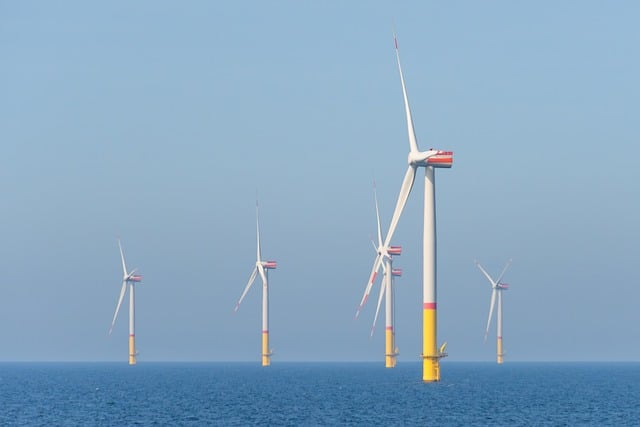As we move towards a more aware and responsible society, the conversation around sustainable development and carbon footprint reduction has never been more vital. The pressing need to recognize and mitigate our ecological footprint is driving innovation in green technologies, vital for achieving a carbon-neutral future. Here we explore ten transformative technologies that not only promise a cleaner planet but also depict a lifestyle that each of us can connect with and implement.
1. Solar Energy: Solar panels harness the sun’s energy, directly converting sunlight into electricity. This renewable resource significantly reduces our reliance on fossil fuels, leading to a substantial decrease in carbon emissions. The beauty of solar energy lies in its accessibility, with residential systems making it possible for homeowners to contribute significantly to carbon footprint reduction.
2. Wind Turbines: Harnessing the power of wind is another avenue to combat climate change. Wind energy is among the cleanest types of electricity generation available and is rapidly being adopted worldwide. Communities investing in wind farms enjoy not only sustainable energy but also the economic benefits that come with it.
3. Electric Vehicles (EVs): Transitioning to electric vehicles reduces dependence on fossil fuels and minimizes greenhouse gas emissions. EVs are gaining traction as more robust infrastructure is developed, allowing drivers to feel good about their choices and further embrace a lifestyle centered around carbon footprint reduction.
4. Energy-Efficient Buildings: Innovative designs and materials have made it possible to create structures that maximize energy efficiency. From smart thermostats to high-performance insulation, these technologies reduce energy consumption, in turn lowering the ecological footprint of our living spaces.
5. Smart Grids: These technologically advanced power systems improve the efficiency and reliability of electricity delivery. By integrating renewable sources and balancing power supply and demand in real-time, smart grids enhance our ability to use energy sustainably.
6. Carbon Capture and Storage (CCS): One of the most promising techniques, CCS captures carbon dioxide emissions from industrial processes before they reach the atmosphere. By investing in this technology, industries can play their part in ecological footprint reduction and work towards a carbon-neutral mandate.
7. Biogas Technology: This technology allows for the production of energy from organic waste. By converting waste material into usable energy, we can help close the waste loop and promote a circular economy, further enabling carbon footprint reduction efforts.
8. Sustainable Agriculture: Using technology to enhance agricultural practices is crucial for reducing emissions associated with food production. Techniques like precision farming can optimize resource use while minimizing waste, leading to a reduction in the overall ecological footprint of agriculture.
9. Water Purification and Desalination: Technologies that provide clean water are essential, especially in areas facing water scarcity. Innovations in desalination and water purification reduce the ecological impact of extracting and utilizing water, promoting sustainable practices in urban development.
10. Circular Economy Innovations: By redefining how we manage materials, companies can create products intended for reuse, repair, and recycling. This movement encourages both consumers and producers to think critically about their consumption patterns and reduces the carbon footprint associated with wastage.
Each of these green technologies contributes significantly to the broader goal of sustainable development. As we become more conscious of our individual and collective ecological footprints, embracing these innovations is essential in fostering a healthier planet for future generations. The pathway to a carbon-neutral future is not only achievable but essential for the survival of our environment and our species, reminding us that every step counts.




